PLI #2
National Conference in Minneapolis • November 12, 2025
Full-Day Workshop
Introducing OpenSciEd Middle School + Computer Science:
Innovative Integration for Engaging & Efficient Learning
Preconference • Wednesday, November 12 • 8:15 AM - 3:15 PM
All participants will receive...
- Breakfast and Lunch
LIMITED SPACE AVAILABLE
$150
Conference registration is NOT required to attend.
About the Session
Discover how OpenSciEd has redesigned five middle school science units to authentically integrate computer science and computational thinking into the core middle school science program without extending instructional time. These units embed micro:bits, sensors, and design challenges within OpenSciEd’s signature phenomenon-based storylines, while also weaving in meaningful career exploration opportunities in computer science and engineering. In this institute, you’ll engage in hands-on investigations using micro:bits and sensors to analyze contact forces in collisions. You’ll design and program sensor systems to measure forces and explore how these tools can be applied to minimize damage or tackle related real-world challenges. You’ll also see how computational thinking builds across multiple units and disciplines, creating a coherent experience for students and we will dig into the design choices that made this integration possible. If you’re already implementing OpenSciEd middle school units, these can serve as powerful replacement units that expand access in science and computer science. If you’re new to OpenSciEd, they offer an excellent first step into phenomenon-based, STEM-integrated science learning.
Continue your learning journey with curated conference sessions in our OpenSciEd MS + Computer Science pathway.
In Partnership With:

Presenters
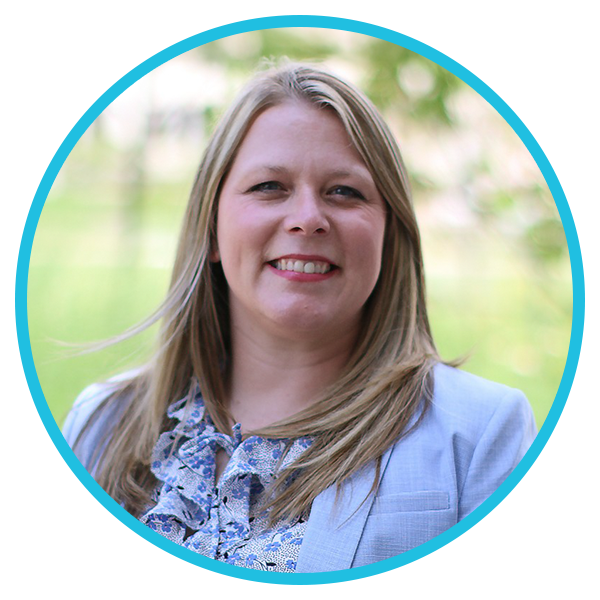
Tiffany Neill
Tiffany Neill is the Curriculum Innovations Manager for OpenSciEd and is currently leading the OpenSciEd + Computer Science Project, designed to integrate computer science concepts and skills with OpenSciEd Middle School Science Curriculum. With over two decades of experience in science education, Tiffany began her career as a high school science teacher and went on to serve as the Director of Science and Engineering Education at the Oklahoma State Department of Education. Tiffany has played a key role in supporting districts with the implementation of high-quality instructional materials for science and she has served on several national committees to support the advancement of high-quality science instruction. Her research explores how to meaningfully weave STEM disciplines together so that students engage in learning that feels real, relevant, and true to how scientists, engineers, and computer scientists think and work.
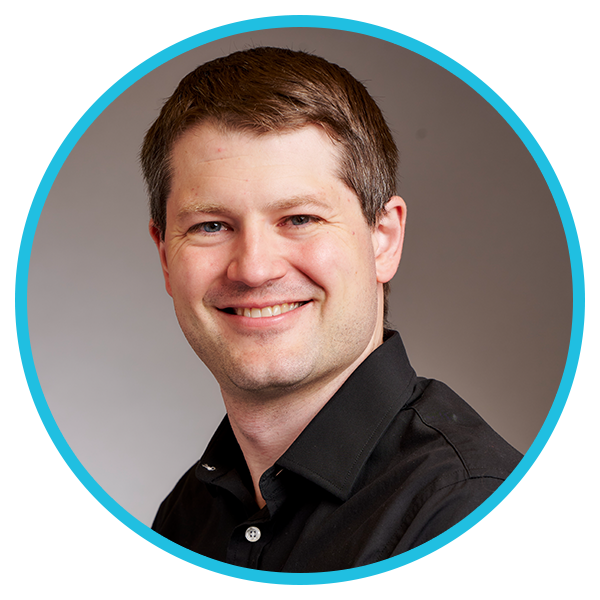
Dan Voss
Dan Voss is a curriculum development specialist at Northwestern University in the Next Generation Science Storylines group. He serves as a unit lead and writer on OpenSciEd units, with an emphasis on middle school integrated computer science and (previously) high school chemistry. He joined the OpenSciEd writing team after years as a high school chemistry and physics teacher. Dan was named Iowa State University College of Engineering student marshal and is a Knowles Teacher Initiative Senior Fellow. He is pursuing a PhD in STEM Education at the University of Minnesota-Twin Cities, where he teaches Physics by Inquiry. He is also the social media coordinator for the Minnesota Science Teachers Association.
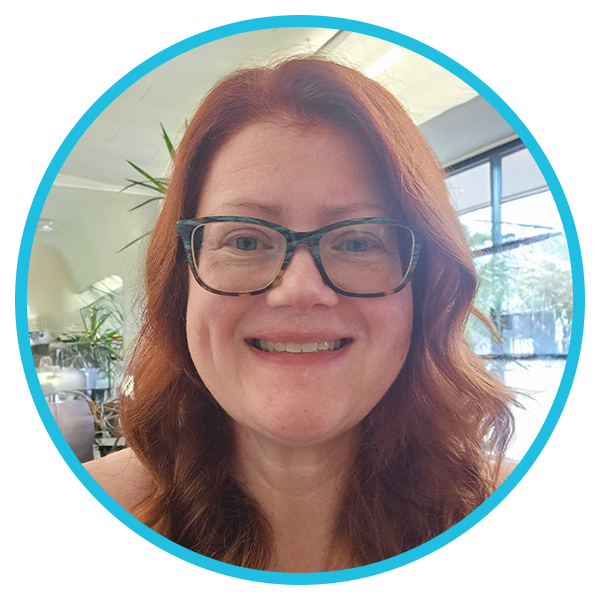
Nicole Vick
Nicole Vick is a curriculum development specialist at Northwestern University in the Next Generation Science Storylines group. She works on multiple OpenSciEd development teams, serving as a course and unit lead and writer. Prior to joining the Next Generation Science Storylines project, she was a high school science teacher for 18 years teaching a multitude of courses. Nicole has led professional development to support educators transitioning to three-dimensional teaching across the United States. She is active in state and national science education organizations having served as an NSTA District Director, Illinois Science Teaching Association (ISTA) President, and was named a NSELA 2024 VESEL Scholar. She received a Doctorate of Education from the University of Missouri St. Louis.
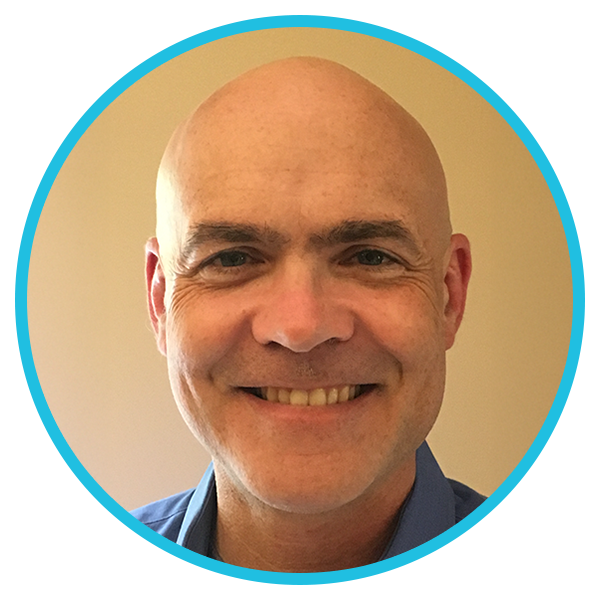
Michael Novak
Michael Novak is a senior curriculum developer at Northwestern University in the Next Generation Science Storylines group. He served as a unit lead and writer on OpenSciEd middle school and high school units, with a current emphasis on middle school integrated computer science. He has also created professional development resources for OpenSciEd middle school and the Next Generation Science Exemplar program (NGSX). He has also authored instructional units and computational models for the Center for Connected Learning. Before joining these efforts, Novak was a middle school mathematics and science teacher in Illinois and was a 2014 Golden Apple Fellow.
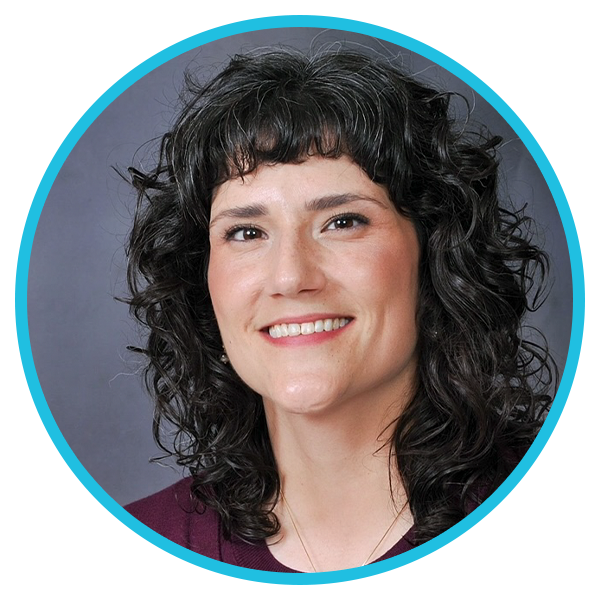
Dominique Poncelet
Dominique Poncelet holds geology degrees from the University of Pennsylvania (BA) and the University of Akron (MS) and transitioned to K–12 science education through the University of Oklahoma’s Science Education Center. With a grounding in constructivism and three-dimensional science standards, she has spent over a decade teaching middle school science in Oklahoma City Public Schools, fostering classrooms where curiosity, collaboration, and growth mindset thrive. An early OpenSciEd field test teacher, she now serves as a Professional Learning Facilitator and Designer/Writer, supporting teachers nationally and internationally. She has contributed to state test review committees and served as a panelist for the National Assessment Governing Board and NAEP. Recognized with the Willie O. Reynolds Award for Excellence in Science Teaching (2024) and as a 2025 Oklahoma State Finalist for the Presidential Award for Excellence in Mathematics and Science Teaching, she remains dedicated to refining her practice and honoring the brilliance of young scientists.


